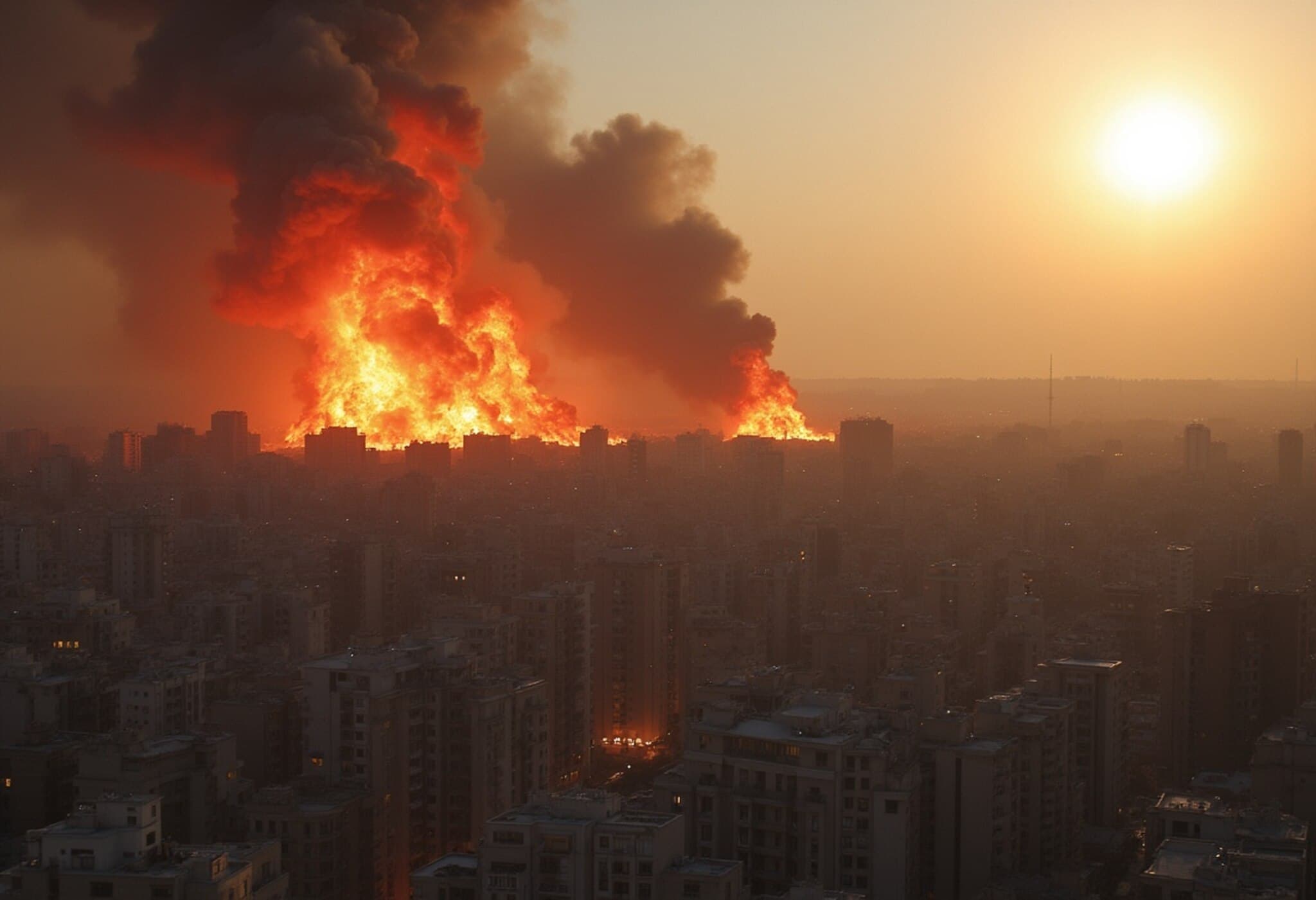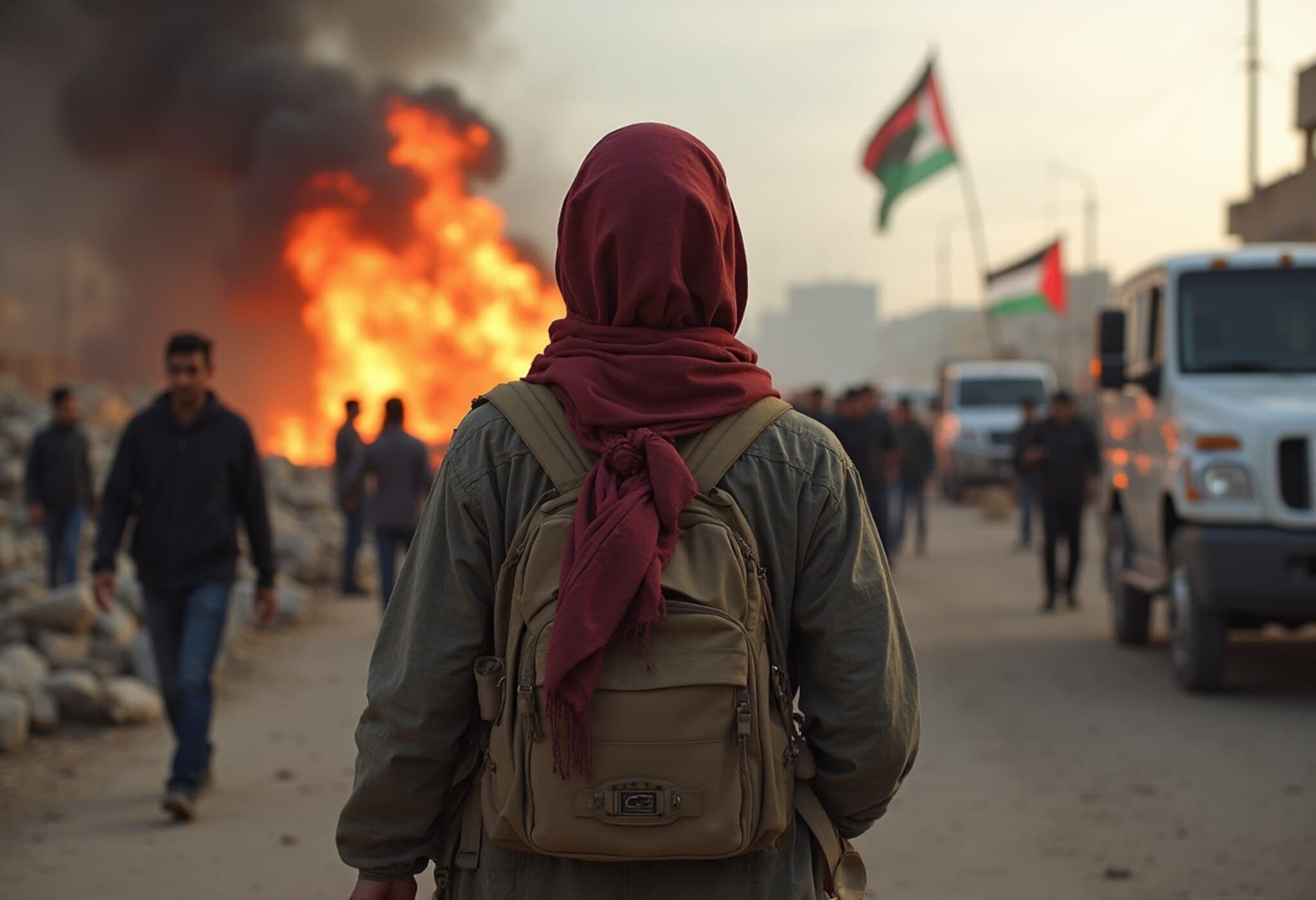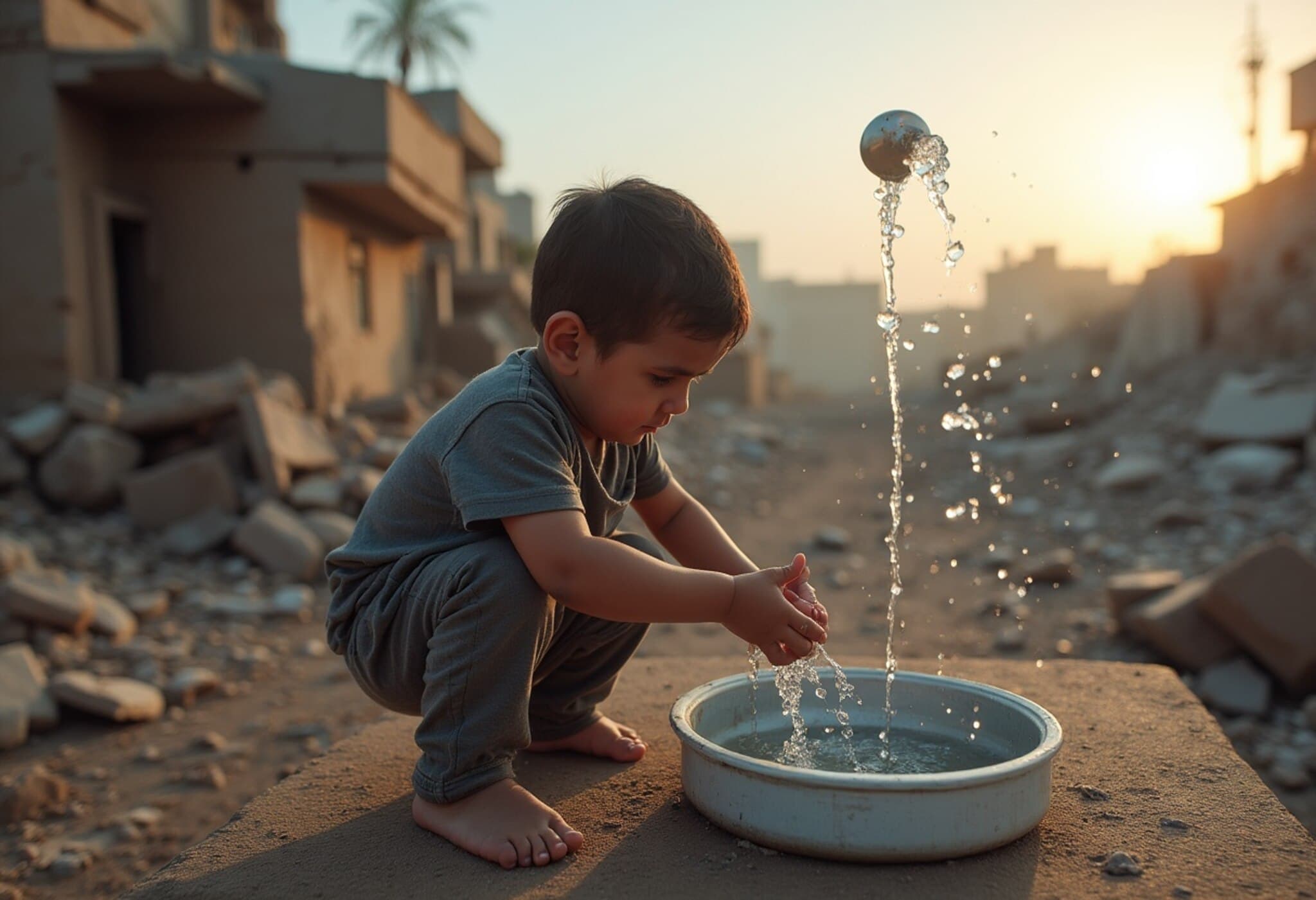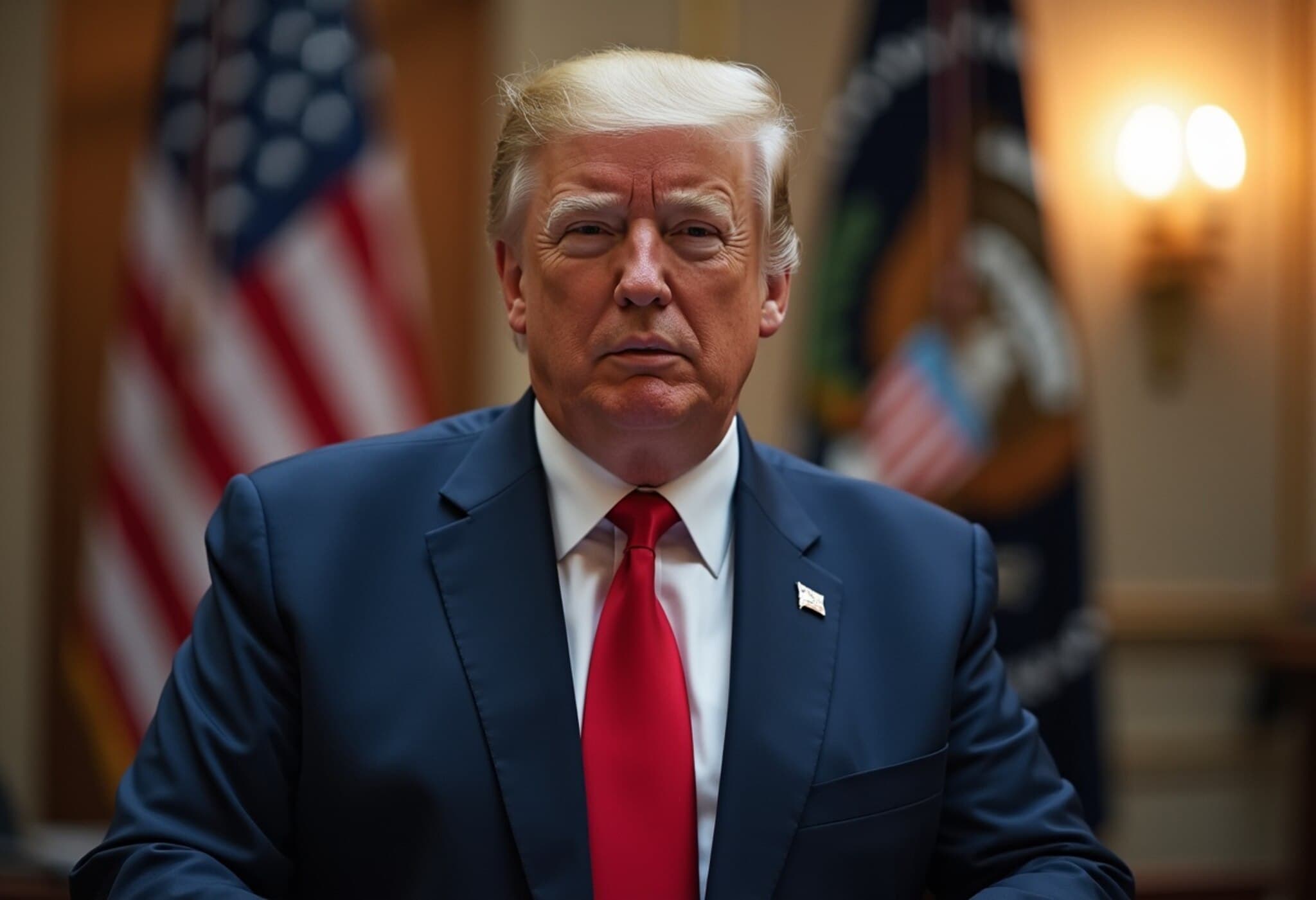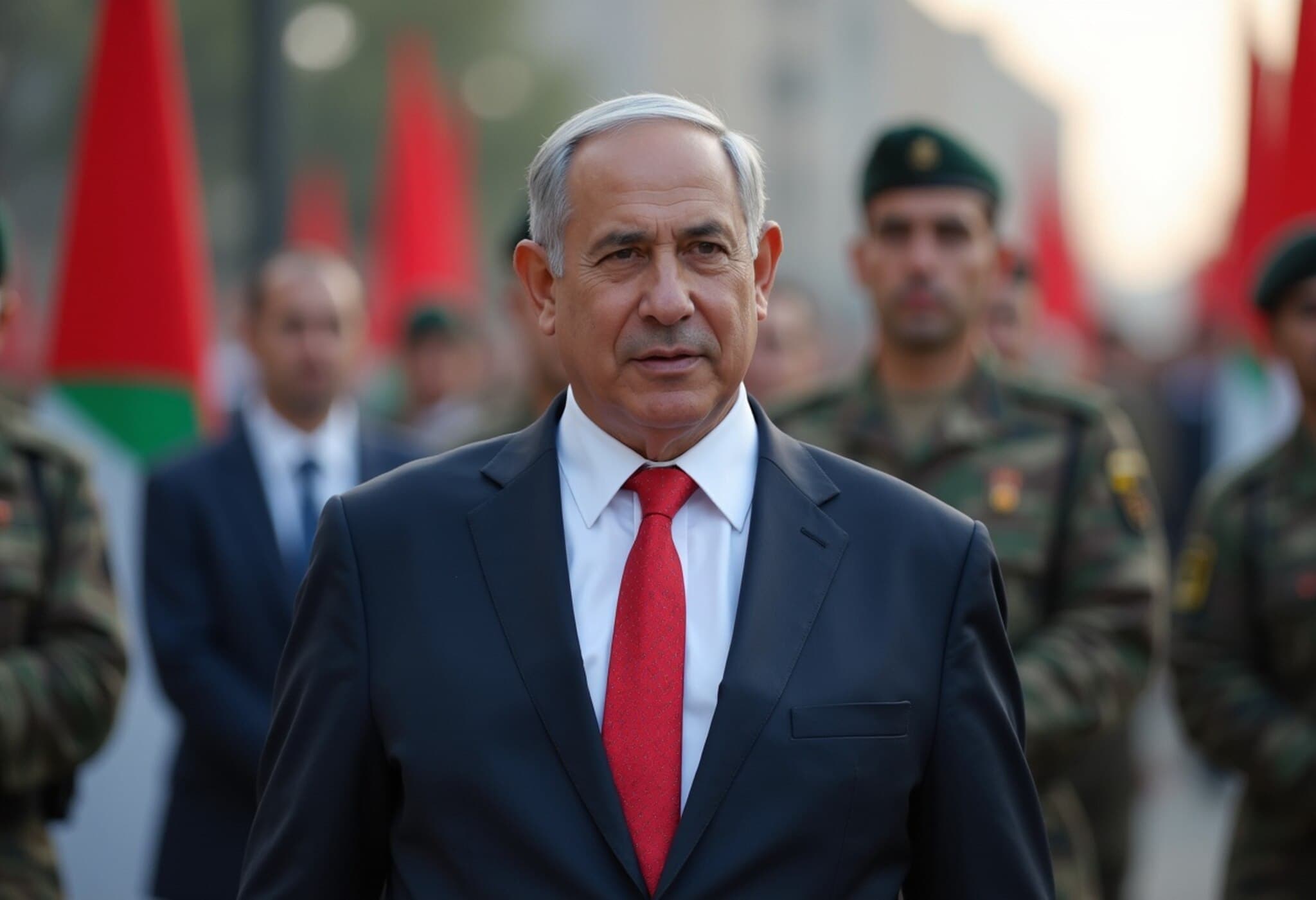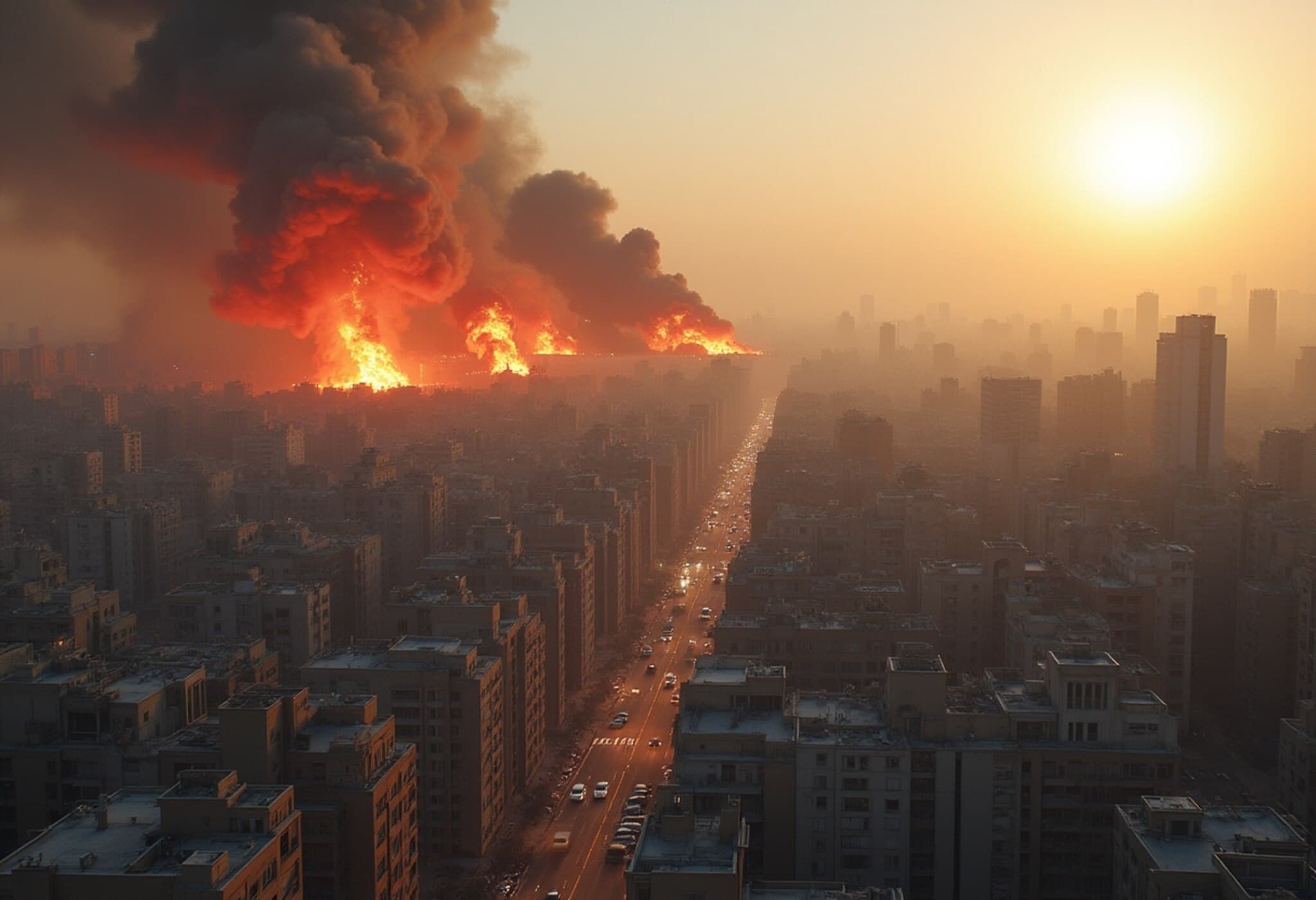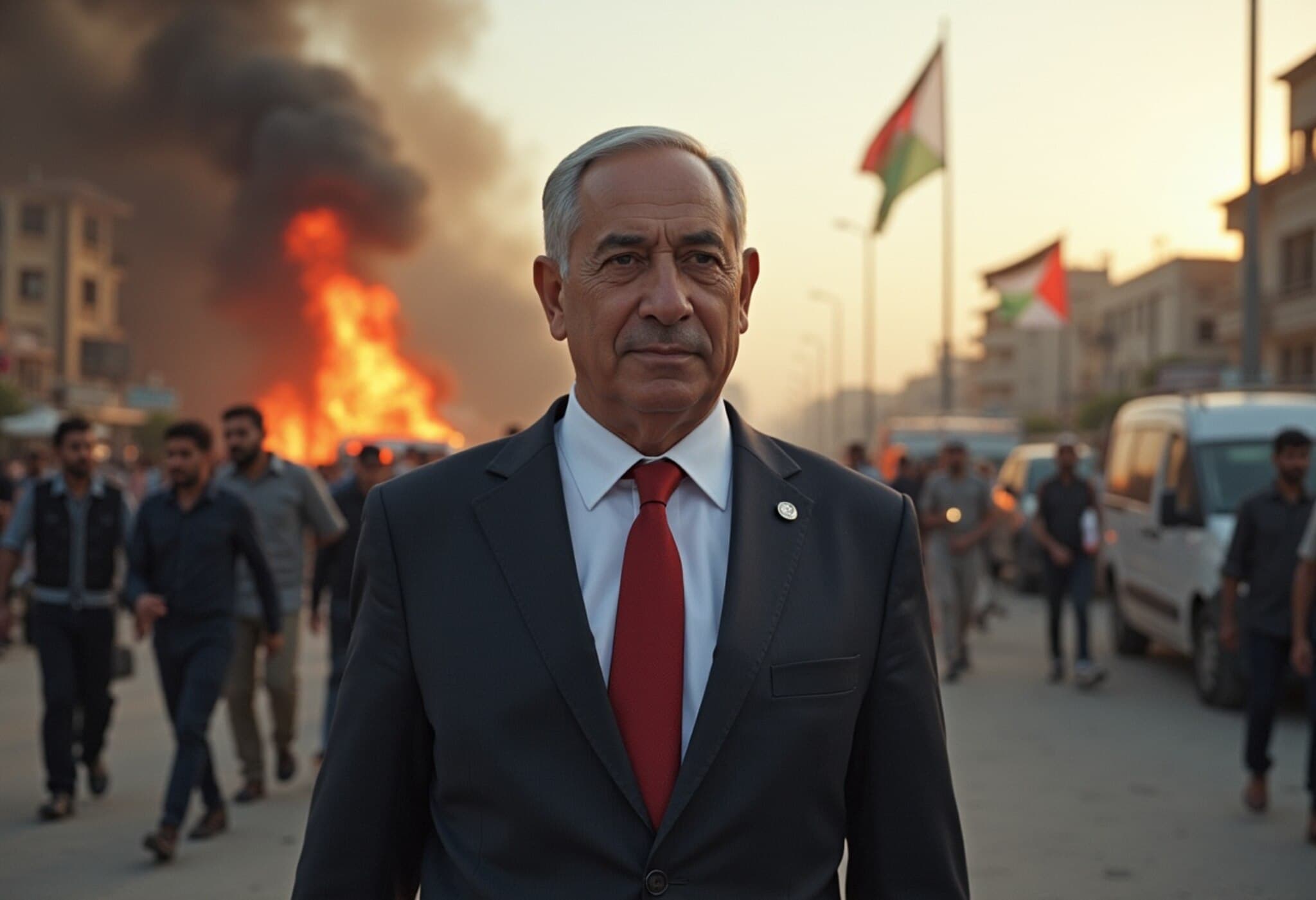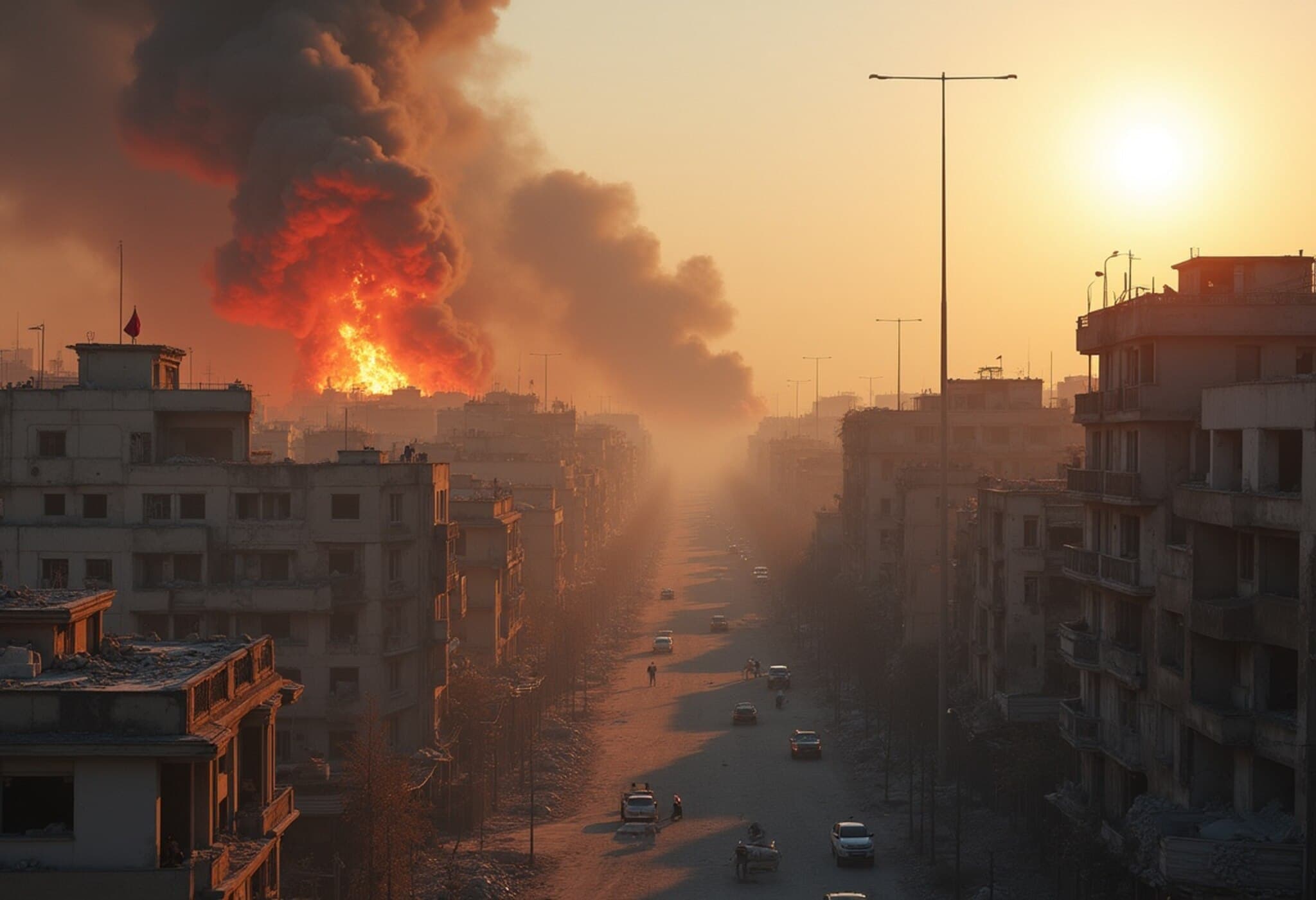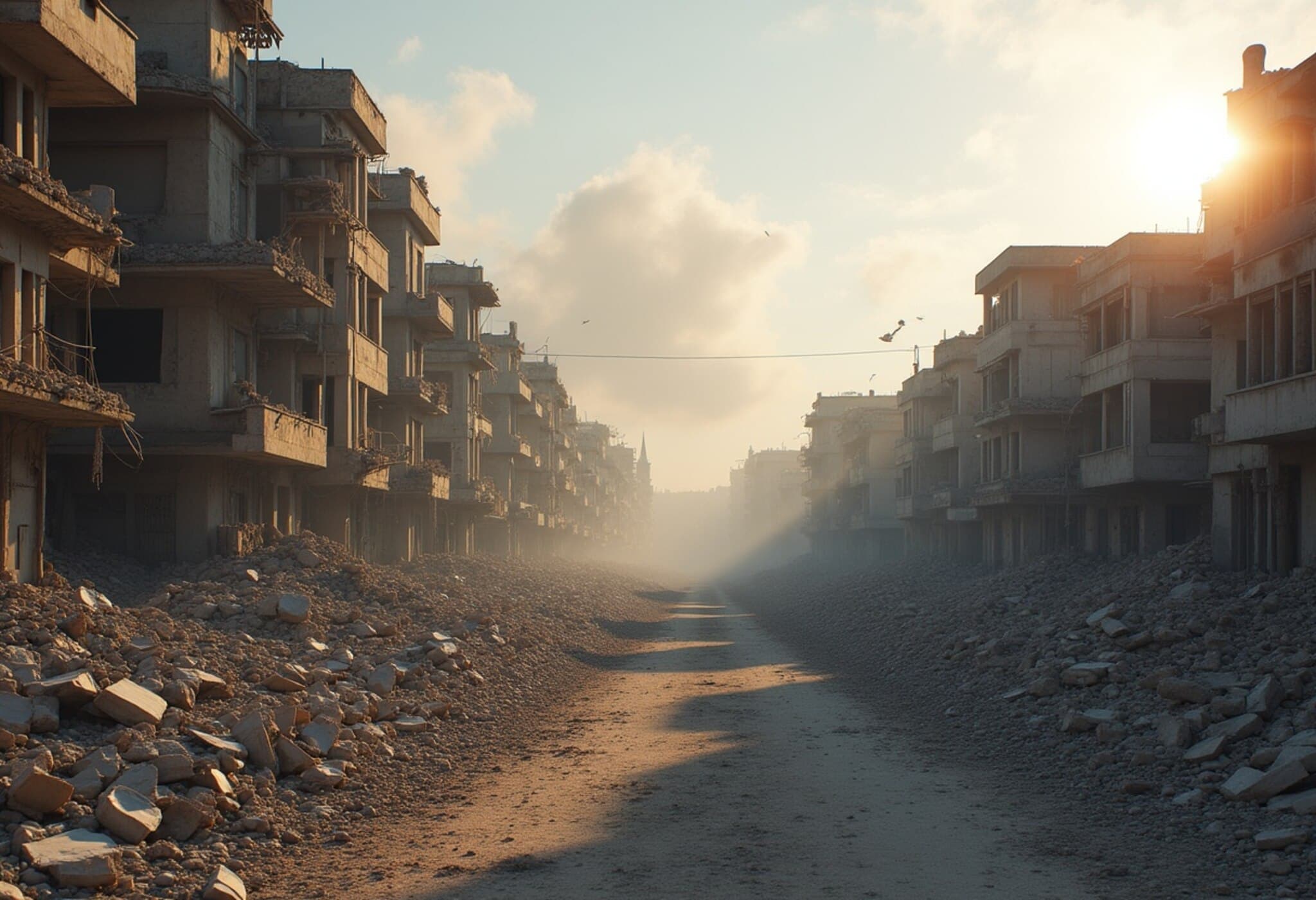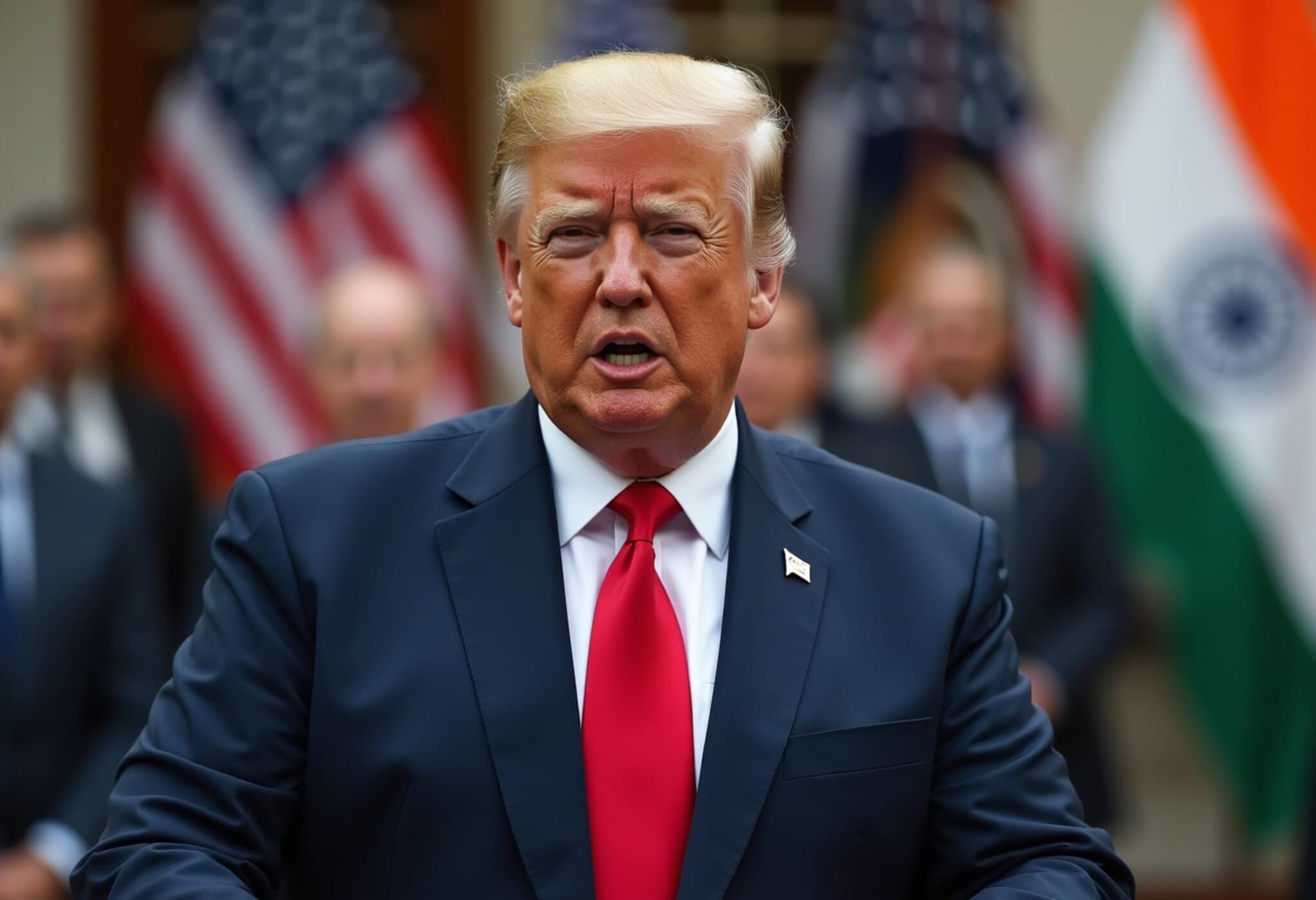Israel's Strategic Decision to Occupy Gaza: What Lies Ahead?
In a significant development that could reshape the geopolitical landscape of the Middle East, Israeli Prime Minister Benjamin Netanyahu's government has announced plans to establish military control over the Gaza Strip, specifically aiming to occupy Gaza City in the northern region. This move signals a potential reversal of the 2005 disengagement when Israel withdrew all soldiers and settlers from Gaza, marking a poignant shift in Israeli military and political strategy.
Netanyahu’s Stance: Control Without Governance
Prime Minister Netanyahu, addressing concerns over Israel's intentions, made it clear: "We don't want to keep Gaza, but we intend to have a security perimeter." His remarks suggest a desire to delineate clear security boundaries without assuming administrative or civil governance responsibilities. While Israel plans to exert full military control, Netanyahu envisions the eventual handover of governance to Arab forces, though the specifics remain undefined. This raises pressing questions regarding the feasibility, timing, and international endorsement of such a transfer.
Understanding the Potential Implications
Reversal of 2005 Withdrawal: Taking full control signifies undoing Israel’s voluntary pullback that aimed to reduce conflict exposure and responsibility for Gaza’s internal affairs. However, Israel has maintained stringent oversight over Gaza's borders, airspace, and utilities since that time, leaving Gaza under a complex form of indirect control.
- Military Expansion: The proposed occupation involves Israeli forces entering areas not currently under their control, potentially escalating ground operations.
- Palestinian Displacement: Reports suggest evacuation notices may be issued to residents in targeted zones, allowing limited time for relocation—an action with profound humanitarian implications amid an already dire crisis.
- Domestic Political Divides: While Netanyahu’s right-wing coalition supports the move, some Israeli military leaders voice reservations, concerned that expansion may exacerbate conflict without guaranteeing political stability or hostage release.
Repercussions for Hamas and Hostage Crisis
Israel’s Cabinet has outlined five pivotal conditions for concluding the current conflict:
- Complete disarmament of Hamas.
- Release of all 50 hostages, approximately 20 of whom are believed alive.
- Demilitarization of the Gaza Strip.
- Israeli security control over Gaza.
- An alternative civilian government, distinct from both Hamas and the Palestinian Authority.
These goals underscore the deep-seated intent to dismantle Hamas’ authority. Yet, Hamas leadership remains adamant that any resolution must ensure a permanent end to hostilities. The hostage crisis continues to dominate public discourse in Israel, with mounting pressure from citizens and families demanding decisive action.
Regional Dynamics: Arab States’ Reluctance and Diplomatic Stalemates
Despite Netanyahu’s vision of Arab forces administrating Gaza post-conflict, no Arab nation has publicly committed to such a role. A Jordanian official emphasized that governance must reflect Palestinian consensus and institutions. Meanwhile, Hamas vehemently rejects any governance arrangement alongside Israel, branding such forces as occupiers.
Earlier attempts to propose a neutral Palestinian committee, supported by Egypt and other Arab countries, were dismissed by both Israel and the United States, reflecting complex geopolitical stalemates. This reluctance highlights the challenges in crafting a sustainable post-conflict governance framework acceptable to all stakeholders.
Domestic and International Responses
Within Israel, a growing segment of the population protests against continuing hostilities, advocating for hostage negotiations and an end to violence. Demonstrators bear portraits of captives, underscoring the human toll of the conflict. The Hostages Families Forum has appealed to Israel’s military leadership to reconsider aggressive operations that might jeopardize negotiations.
On the international stage, the United Nations expressed alarm at potential escalation, urging restraint amid already catastrophic humanitarian conditions. The U.S. government’s public silence and former President Donald Trump’s refusal to clarify his stance add layers of uncertainty to diplomatic prospects.
The Human Cost: Gaza’s Dire Situation
Despite Israeli claims of controlling about 75% of Gaza, the daily reality for its 2 million residents is one of displacement, deprivation, and fear. Persistent bombardments have uprooted families multiple times, with aid organizations warning of looming famine and critical shortages of essentials.
As Aya Mohammad, a 30-year-old Gaza resident, poignantly asks, "Where should we go? We have been displaced and humiliated enough." The humanitarian crisis calls for urgent international attention alongside the political calculus.
Expert Analysis: Balancing Security and Humanitarian Concerns
The announced plan to militarily occupy Gaza reveals the intricate balancing act Israel faces—securing its population and dismantling hostile entities while navigating the immense humanitarian fallout and international scrutiny. Experts caution that without a clear, credible roadmap for governance transition and peace negotiations, an extended military occupation risks entrenching cycles of violence and instability.
Moreover, the lack of consensus among regional actors over Gaza’s future governance illustrates deep divisions that have historically hindered peace. The international community’s role remains critical in fostering dialogue and addressing humanitarian needs.
Conclusion: A Moment of Reckoning with Long-Term Consequences
Israel’s decision to deepen its military footprint in Gaza marks a pivotal juncture that could reshape both regional security and Palestinian-Israeli relations. While aimed at ensuring national security and rescuing hostages, the strategy poses complex dilemmas about sovereignty, humanitarian rights, and regional diplomacy.
As the situation evolves, critical questions persist: How will Israel reconcile military objectives with humanitarian imperatives? Can a viable governance framework arise that respects Palestinian agency yet safeguards Israeli security? And ultimately, can lasting peace emerge from the shadows of decades-long conflict?
Editor’s Note
This unfolding scenario is a stark reminder of the intertwined fate of security and human dignity in protracted conflicts. Readers are encouraged to consider the multifaceted impacts—military, political, and humanitarian—while reflecting on the voices often lost amid geopolitical strategies. How might international stakeholders recalibrate their approaches to foster a sustainable and humane resolution?


